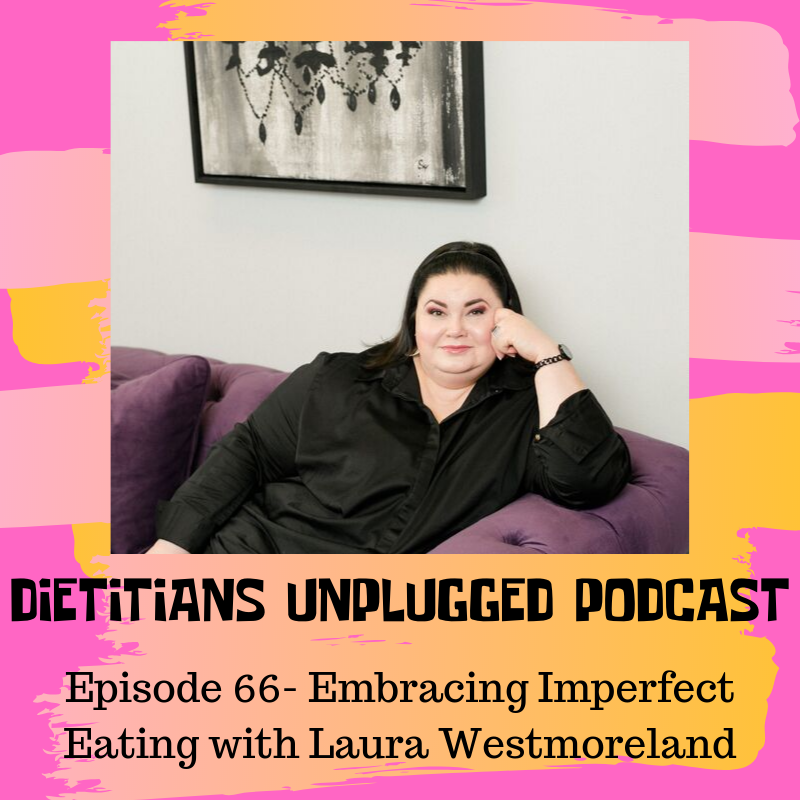Read the blog
How Perfectionism Holds You Back

I am a recovering perfectionist.
I don’t know where I learned the idea that I needed to be perfect (not from my parents) but I really embraced this idea sometime in my teens and went whole hog on it by my 20s. I suspect it was a way to relieve anxiety about not being good enough in the world, but it eventually became an anxiety all on its own – and it never propelled me to where I wanted to go.
By the time I reached my late 30s and was back in school full-time, I was putting that perfectionism to use with great study habits and turning out amazing school work, but I was also wasting time, energy and stress because probably 90% of what I was doing didn’t need to be perfect. I have since learned when good enough is acceptable, and when to pull out that perfectionist streak (less often than you think).
I notice that my clients are often perfectionists, too. It’s my belief that anyone who has been on a diet for any amount of time is a perfectionist – even if they feel they “failed” the diet. Diets come with rules that you have to follow perfectly for “success” (except we know that failure is built-in to diets no matter how perfectly you follow them). When we begin to do the messy, ambiguous work of learning to honor body cues and appetite, perfection is not only needed, but it can hinder the process.
I was happy to talk about this subject with my wonderful colleague Laura Westmoreland, LMFT on the Dietitians Unplugged podcast. Laura, who is a certified Body Trust provider, talks about aiming for C level work when we’re learning how to trust our bodies. We don’t need to be perfect as we stumble towards compassionate connection with our bodies and ourselves, and in fact, expecting perfect work can even hold us back.
If you are a perfectionist and feeling anxious about not doing this work of learning to trust and respect your body “right”, then this episode is especially for you.
Show Notes:
Learn more about Laura: https://www.laurawestmoreland.com/
Follow Laura on Instagram
Listen on:
Subscribe and get my free guide:
Why you overeat …and what to do about it
Click here if you just want my newsletter!
Comments Off on How Perfectionism Holds You Back